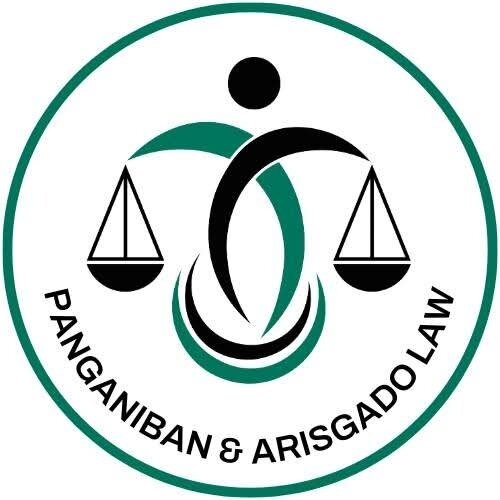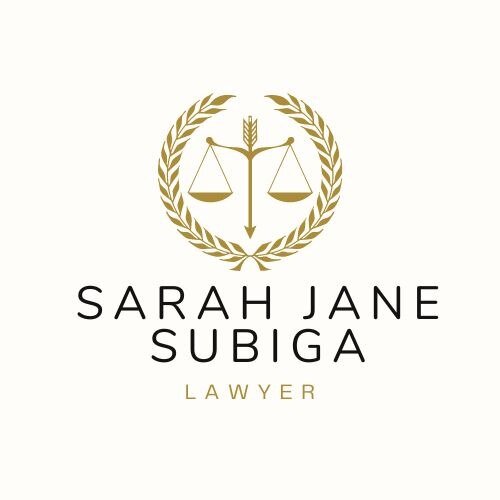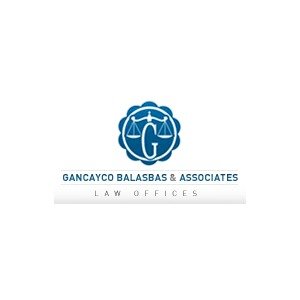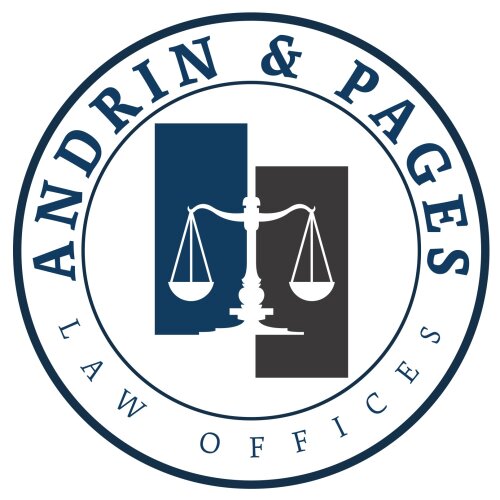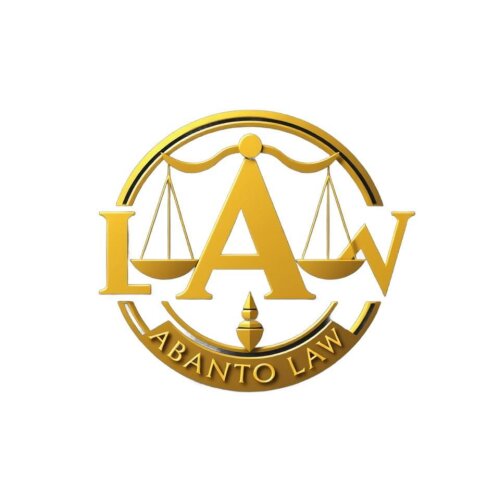Best Credit Repair Lawyers in Philippines
Share your needs with us, get contacted by law firms.
Free. Takes 2 min.
Or refine your search by selecting a city:
List of the best lawyers in Philippines
About Credit Repair Law in Philippines
Credit repair in the Philippines involves the process of disputing inaccuracies on credit reports to improve an individual's credit score. It can include removing incorrect information, addressing past due accounts, and drafting dispute letters. While there isn't specific legislation named "Credit Repair Law" in the Philippines, there are laws that govern credit reporting and consumer protection, mainly the Data Privacy Act, which ensures that consumer information is handled properly, and the Consumer Act of the Philippines, which broadly protects consumers from fraudulent practices.
Why You May Need a Lawyer
While some individuals may handle credit repair on their own, there are several situations where legal assistance could be beneficial:
- Dispute Complexity: If disputes with creditors or credit reporting agencies become complex, legal guidance can help navigate the legalities of the processes involved.
- Fraud and Identity Theft: Legal counsel is crucial in cases involving identity theft or fraudulent accounts affecting credit reports.
- Debt Settlement: Lawyers can negotiate settlements for outstanding debts which may lead to better outcomes.
- Understanding Rights: A lawyer can help individuals understand their rights under the relevant consumer protection laws.
- Legal Representation: If disputes escalate to court, having legal representation is necessary.
Local Laws Overview
The key legal frameworks that are pertinent to credit repair in the Philippines include:
- Data Privacy Act of 2012: Ensures the protection of personal information used in credit reporting.
- The Consumer Act of the Philippines (RA 7394): Provides basic rights and protections for consumers, including those related to credit and financial transactions.
- Access Devices Regulation Act of 1998 (RA 8484): It regulates the use of credit cards and other access devices to prevent and address credit card fraud.
- The Truth in Lending Act: Requires lenders to disclose all costs involved in a loan, protecting consumers from hidden charges.
Frequently Asked Questions
What is my first step in credit repair?
Start by obtaining your credit report from any of the credit bureaus operating in the Philippines and checking for inaccuracies.
How long does it take to repair my credit?
The duration varies based on the issues present. Correcting an error can take a few weeks, whereas improving scores generally takes longer.
Is it legal to pay for credit repair services?
Yes, it is legal to hire services for credit repair, though choosing reputable service providers or legal guidance is important.
What errors should I look for on my credit report?
Look for incorrect personal information, wrong account details, unknown accounts, or wrongly recorded late payments.
Can I dispute incorrect information directly with my creditor?
Yes, disputing directly with creditors can expedite the correction process as they are obligated under law to investigate.
Will filing a dispute automatically fix my credit report?
No, the investigation must first determine the dispute's validity, after which corrections are applied if justified.
How often should I check my credit report?
Regular checks are advisable, at least annually, or more frequently if credit activity or fraud is suspected.
What happens if I fail to pay my debts?
Failure to pay debts can lead to a negative credit score, legal action from creditors, or seizure of collateral/assets.
Is a poor credit score permanent?
No, a credit score can be improved over time with responsible financial and credit management practices.
Where can I dispute incorrect information on my credit report?
Dispute errors with the relevant credit bureau or directly with the creditor in writing, providing supporting documentation.
Additional Resources
Here are some useful resources for credit repair assistance in the Philippines:
- Credit Information Corporation: The government entity responsible for collecting reliable credit information.
- BSP Financial Consumer Protection Department: Assists with complaints on financial transactions.
- Credit Management Association of the Philippines: Offers resources and support for credit information and management.
- Legal Aid Services: Some non-profits and law schools offer free legal assistance for financial issues.
Next Steps
If you need legal assistance with credit repair, consider the following steps:
- Research: Begin by researching your issue thoroughly and gathering all relevant documentation.
- Consult: Seek an initial consultation with a lawyer experienced in credit issues. Many offer free consultations.
- Reputable Legal Channels: Use reputable channels such as the Integrated Bar of the Philippines to find qualified legal professionals.
- Budget: Establish a budget for legal expenses and discuss potential costs with your lawyer upfront.
- Plan: Work with your lawyer to develop a clear plan to resolve your credit issues, whether through negotiation, dispute, or litigation.
Lawzana helps you find the best lawyers and law firms in Philippines through a curated and pre-screened list of qualified legal professionals. Our platform offers rankings and detailed profiles of attorneys and law firms, allowing you to compare based on practice areas, including Credit Repair, experience, and client feedback.
Each profile includes a description of the firm's areas of practice, client reviews, team members and partners, year of establishment, spoken languages, office locations, contact information, social media presence, and any published articles or resources. Most firms on our platform speak English and are experienced in both local and international legal matters.
Get a quote from top-rated law firms in Philippines — quickly, securely, and without unnecessary hassle.
Disclaimer:
The information provided on this page is for general informational purposes only and does not constitute legal advice. While we strive to ensure the accuracy and relevance of the content, legal information may change over time, and interpretations of the law can vary. You should always consult with a qualified legal professional for advice specific to your situation.
We disclaim all liability for actions taken or not taken based on the content of this page. If you believe any information is incorrect or outdated, please contact us, and we will review and update it where appropriate.
Browse credit repair law firms by city in Philippines
Refine your search by selecting a city.





